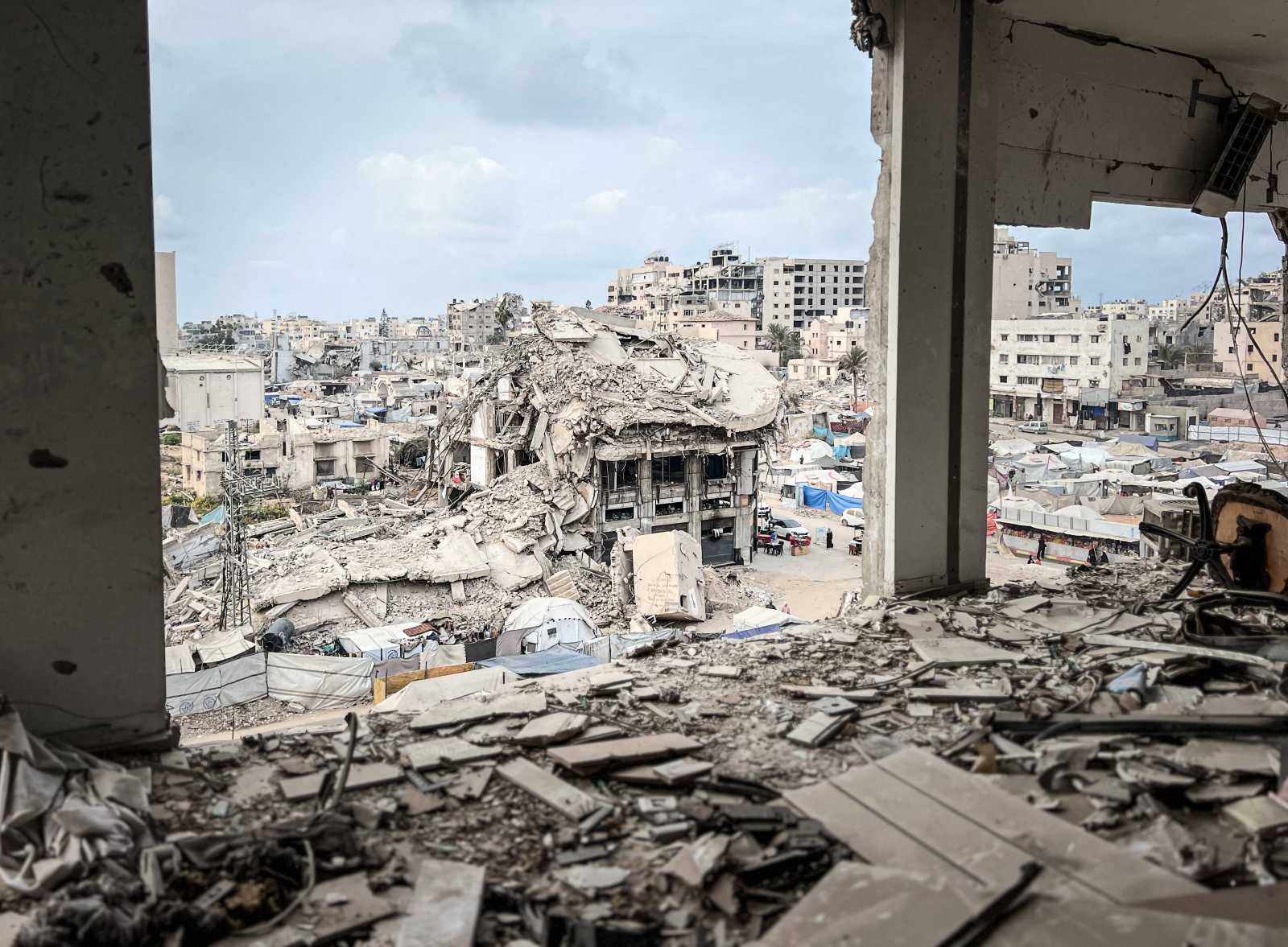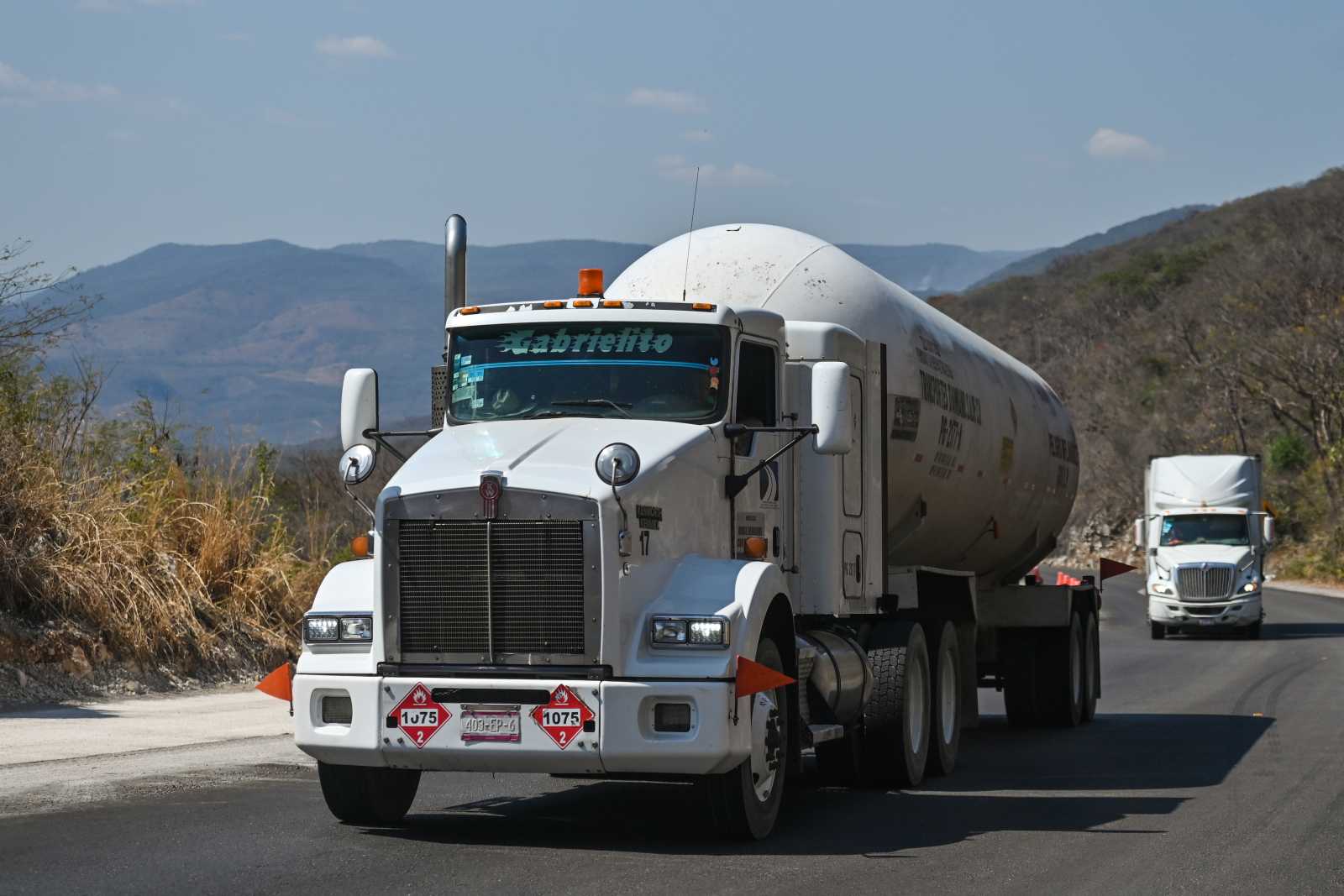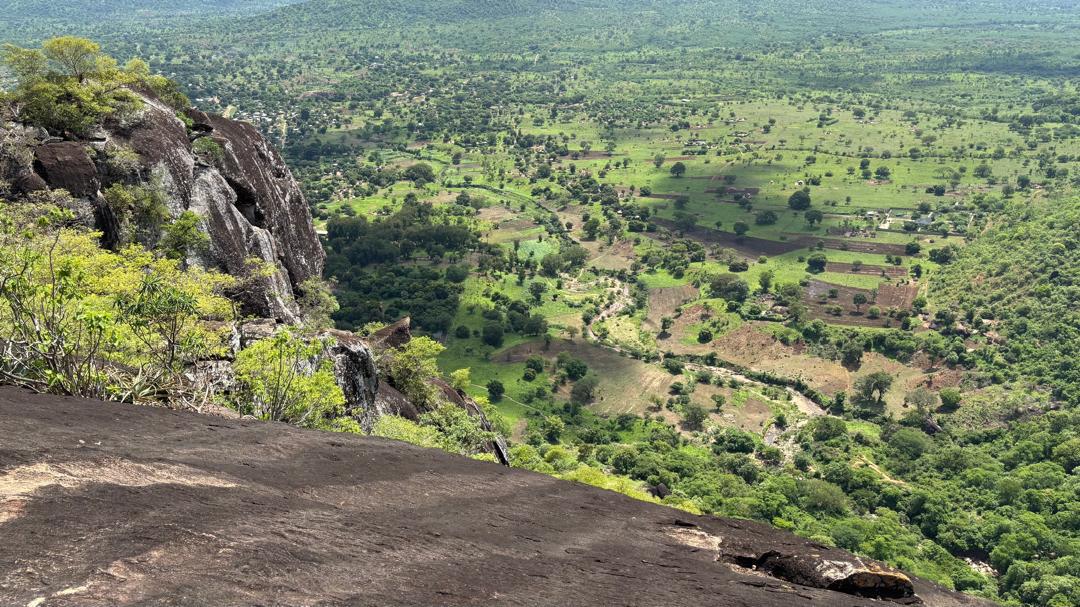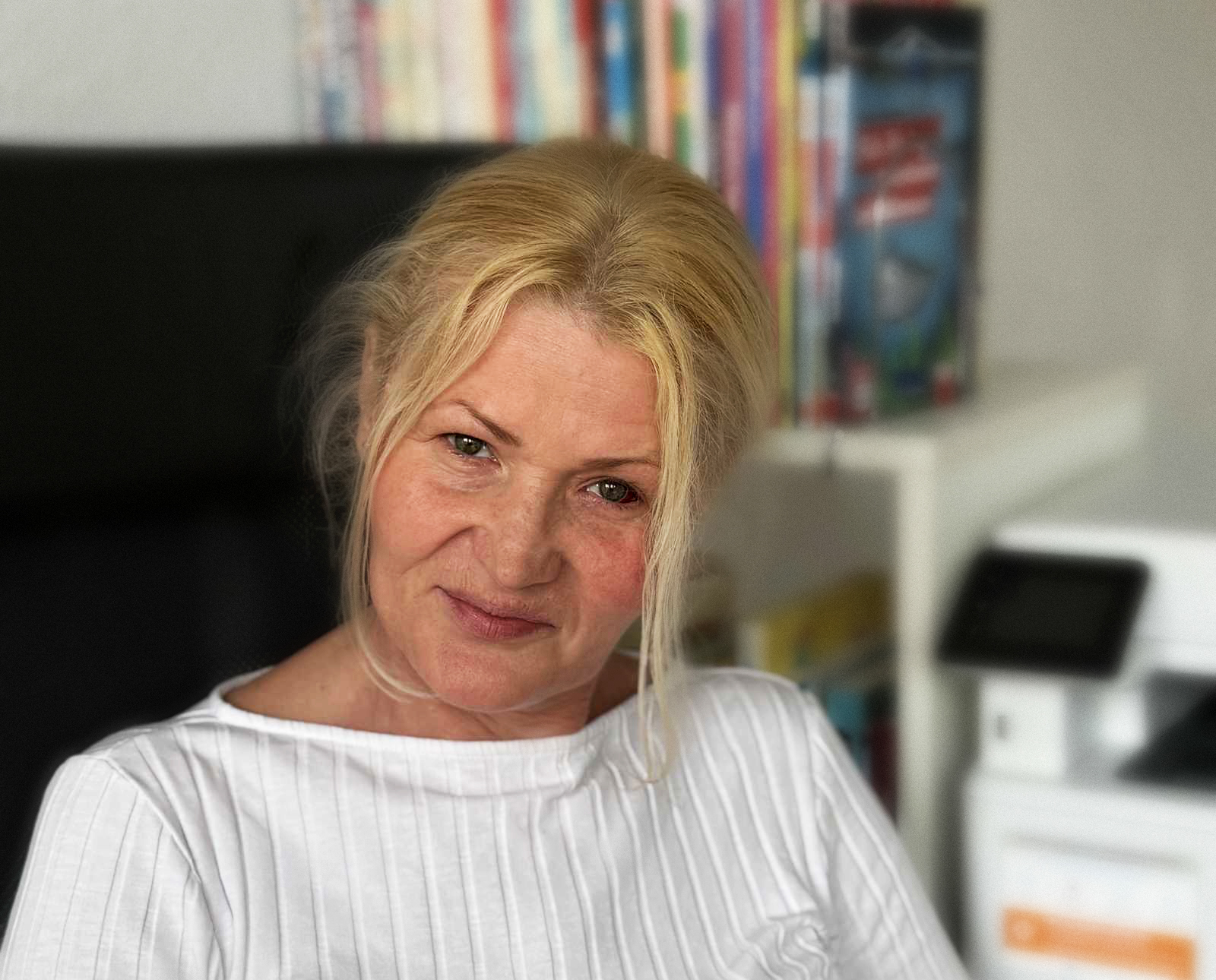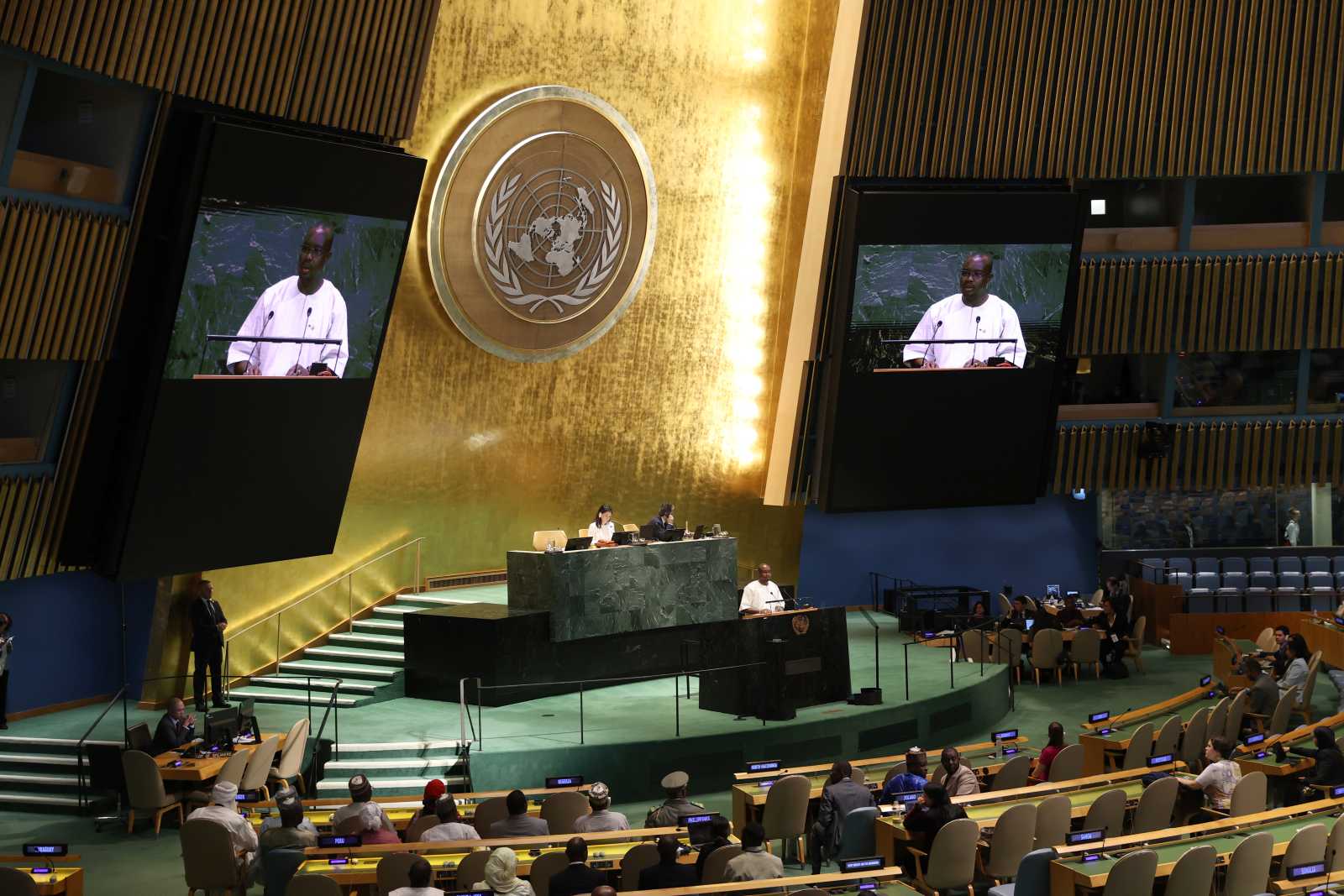UN mission
Withdrawal in frustration
By Floreana Miesen
The DRC’s provincial, senatorial and mayoral elections will not be completed by the end of next year as originally planned, but extend into 2014. The National Electoral Commission decided so in early June. Meanwhile, the presidency of Joseph Kabila remains disputed. With a short-term constitutional amendment, his government allowed him to be confirmed in office with only 49 % of the vote in the 2011 elections. Opposition candidates did not concede, and there still are demands for new elections.
According to a recent study by Mirko Herberg of the Friedrich Ebert Foundation (FES), this experience shows that a change of power through elections is virtually impossible in Central Africa. Typically, election commissions are not neutral, electoral rolls inadequate, and the counting of votes takes place in secret. In the DRC, the opposition was harassed during the campaign. In Herberg’s view, the international community must respond to such systematic neglect of international standards of democracy.
At a conference organised by the FES in cooperation with the faith-based Ökumenisches Netz Zentralafrika (ÖNZ) in Berlin in June, Claudel André Lubaya, a member of parliament from the DRC, complained that the parliamentary opposition can not really exercise a role of oversight. He said relevant debate takes place behind closed doors in his country.
The DRC suffers from ongoing conflicts. Amnesty International (AI) reports an increasing trade in arms and the recruitment of child soldiers – especially in the country’s east. According to AI-expert Franziska Ulm-Düsterhöft, the Arab Spring has made international donors blind to sub-Saharan developments. The international community, she argues, feels frustrated, and is withdrawing from the DRC.
Jean Claude Katende of the Association Africaine de Défense des Droits de l’Homme (ASADHO) considers the Congolese police incompetent and ignorant of human rights. He says only some 30 % of judicial decisions are enforced. The people, according to him, have no real understanding of the rule of law, and tend to prefer to turn to humanitarian organisations instead of law courts.
Since 1999, the MONUSCO (United Nations Organisation Mission in the stabilisation of DR Congo) is supposed to keep the peace. Samba Tall of MONUSCO, however, complains about the large number of rebel groups which result in each MONUSCO unit feeling it basically has to protect itself. Aloys Tegera from the DRC-based Pole Institute, in turn, claims the MONUSCO soldiers are poorly trained and do not understand the country. He compares the DRC to a “hot boiling pot”, with MONUSCO only putting a lid on and keeping things bubbling up inside. Problems must be addressed at the root, he insists, so an army without rebel past needs to be set up.
Dangerous security forces
MONUSCO costs more than a billion dollars per year. According to a study by 13 independent international and Congolese organisations, the ordinary citizens of the country hardly benefit. DRC security forces fail to protect the people and are basically like the rebel militias. According to the study, the government does not want to reform the security sector because it relies on corrupt networks within this sector.
Wolfgang Manig of Germany’s Foreign Office stresses that the international community must live up to its responsibility in the DRC. Multilateral structures and cooperation with the Congolese government are essential for progress and peace, he says. In view of the upcoming series of elections, Manig considers reasonable progress feasible because candidates “will not be running for president”.
Floreana Miesen


